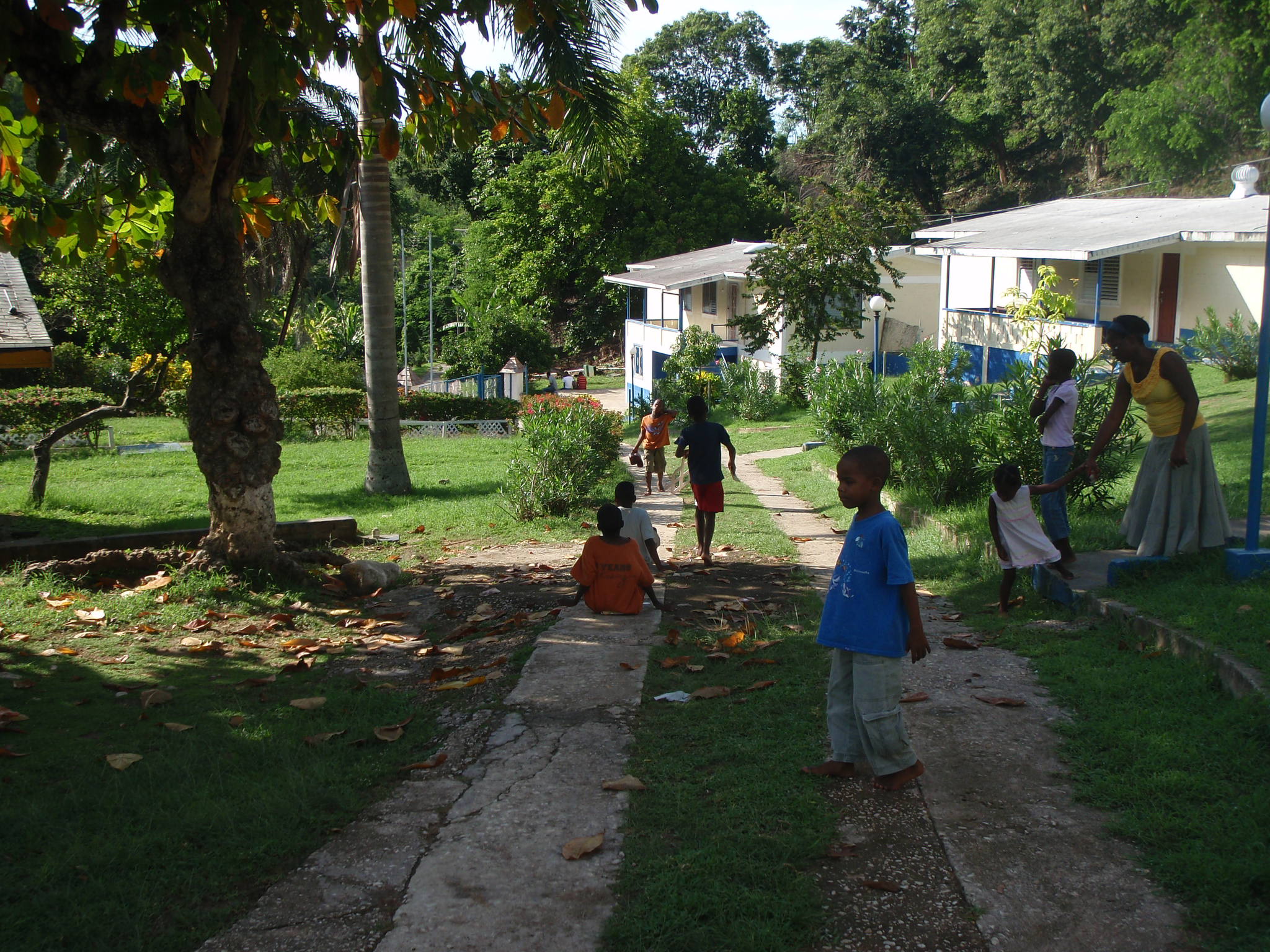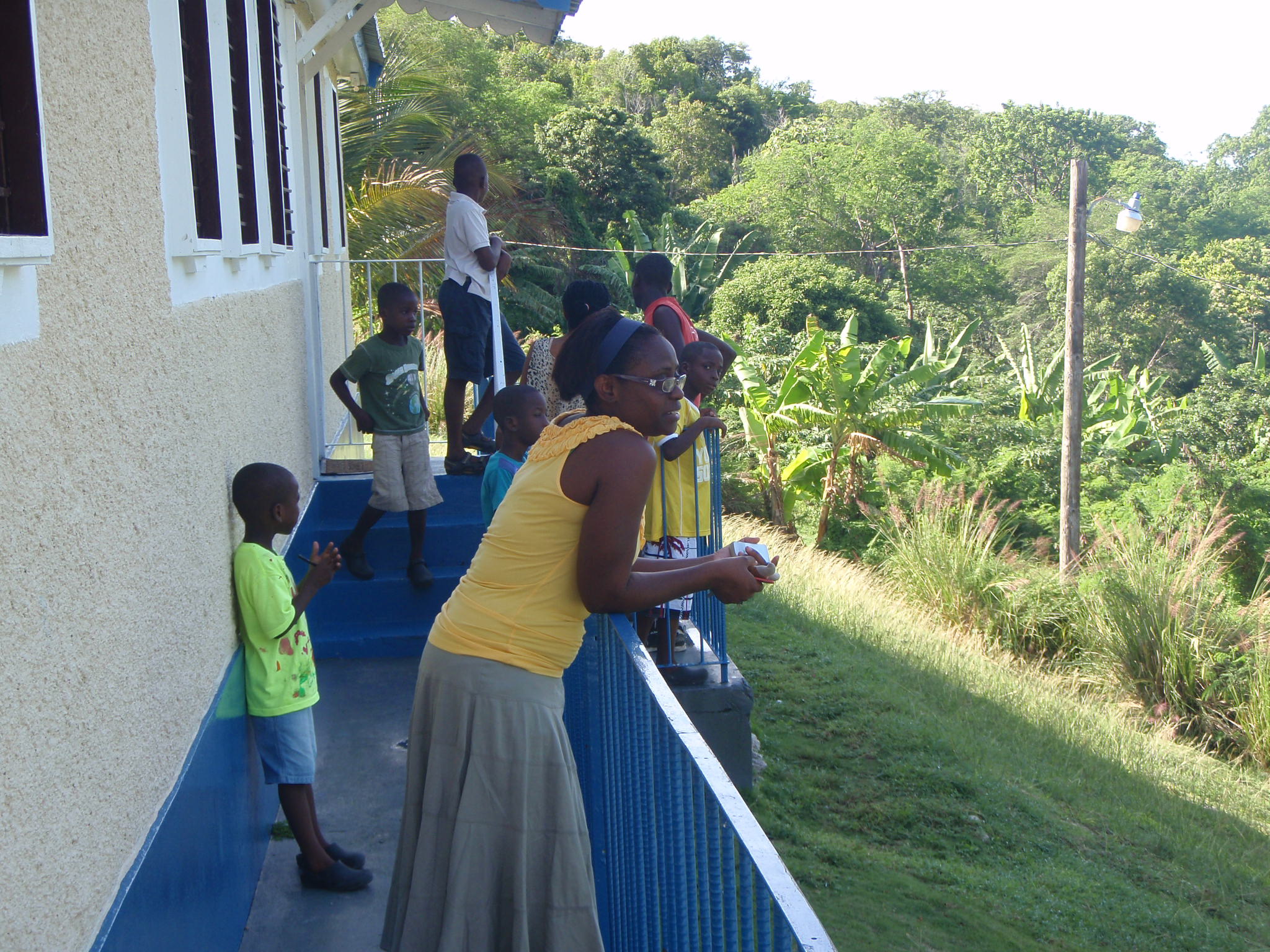Tourist are shielded from the reality Jamaicans live day to day
.jpg?width=800)
Montego Bay on the north-western shore of Jamaica is the capital of St. James Parish and has a population of roughly 97,000. The region is a popular tourist destination, both internationally and amongst the wealthier residents of Kingston who have their holiday homes here.
Tourism is the most important pillar of the economy in the country, and in the Montego Bay region, with around one quarter of the population employed in this industry and over 1.2 million tourists visiting Jamaica each year. In rural areas, agriculture such as forestry and the growing of sugar cane provides a source of income for many.
The money that tourists spend in the region attracts thousands of people from around the island. St. James Parish is now one of the fastest-growing in Jamaica. Internal migrants often end up living in horrendous conditions, for example in slums lining the roads to town, where they lack basic infrastructure and services.
Much has improved, and much has stayed the same
In recent years, the number of people living in precarious conditions in urban areas has actually been on the rise. While reductions of poverty and malnutrition have been achieved, the distribution of wealth in the country has barely changed. Likewise, when it comes to gender equality and child and maternal mortality rates, there is still a long road ahead.
Another great social problem in the country is the high incidences of violence, which takes place mainly between young males from poor backgrounds. Of the young people between the ages of 15 and 24, around 26 per cent of the males and eight per cent of the females are illiterate. Approximately 30 per cent of all young people do not attend school or training and do not have a job. This group is very vulnerable to getting involved in a life of crime, as they may feel that they have no options in life.
What we do in Montego Bay
.jpg?width=800)
Care for children who cannot live with their families: SOS families provide a loving home for children from the region who have lost parental care. In each family, they live with their brothers and sisters and are affectionately cared for by their SOS parent.
Support for young people: When young people feel ready to move out of their SOS home in order to pursue further education or vocational training, SOS Children’s Villages makes shared accommodation available to them. In a safe environment and with the support of qualified counsellors, the young people can plan their future and prepare for independent adult life.
.